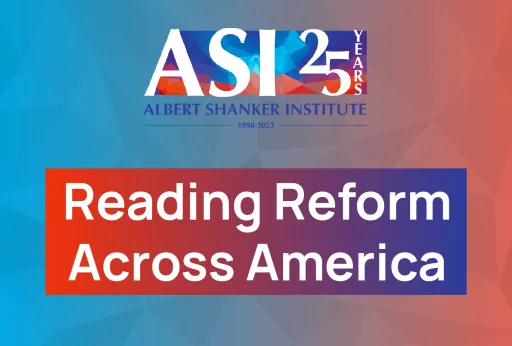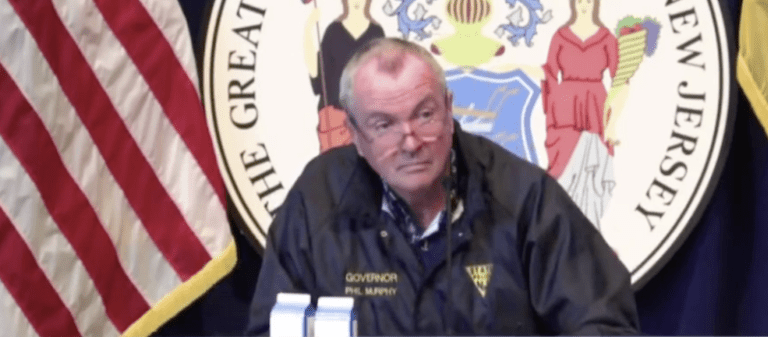By John Nichols
Teachers, parents and students are pushing back against high-stakes testing, over-testing and the fantasy that education is made better by preparing for, conducting and evaluating tests.
As American Federation of Teachers president Randi Weingarten says: “The current accountability system has led districts to fixate on testing and sanctions, has squeezed out vital parts of the curriculum that are not subjected to testing, and has sacrificed much-needed learning time. That is not what high-performing countries do, and it is not what the United States should do.”
That’s an increasingly common sentiment, even among former advocates for testing-obsessed initiatives such as George W. Bush’s No Child Left Behind and Barack Obama’s Race to the Top. Diane Ravitch, who served as Bush’s assistant secretary of education, now says: “I had never imagined that the test would someday be turned into a blunt instrument to close schools—or to say whether teachers are good teachers or not—because I always knew children’s test scores are far more complicated than the way they’re being received today.”
How then should we “evaluate” teachers and schools?
More>>




